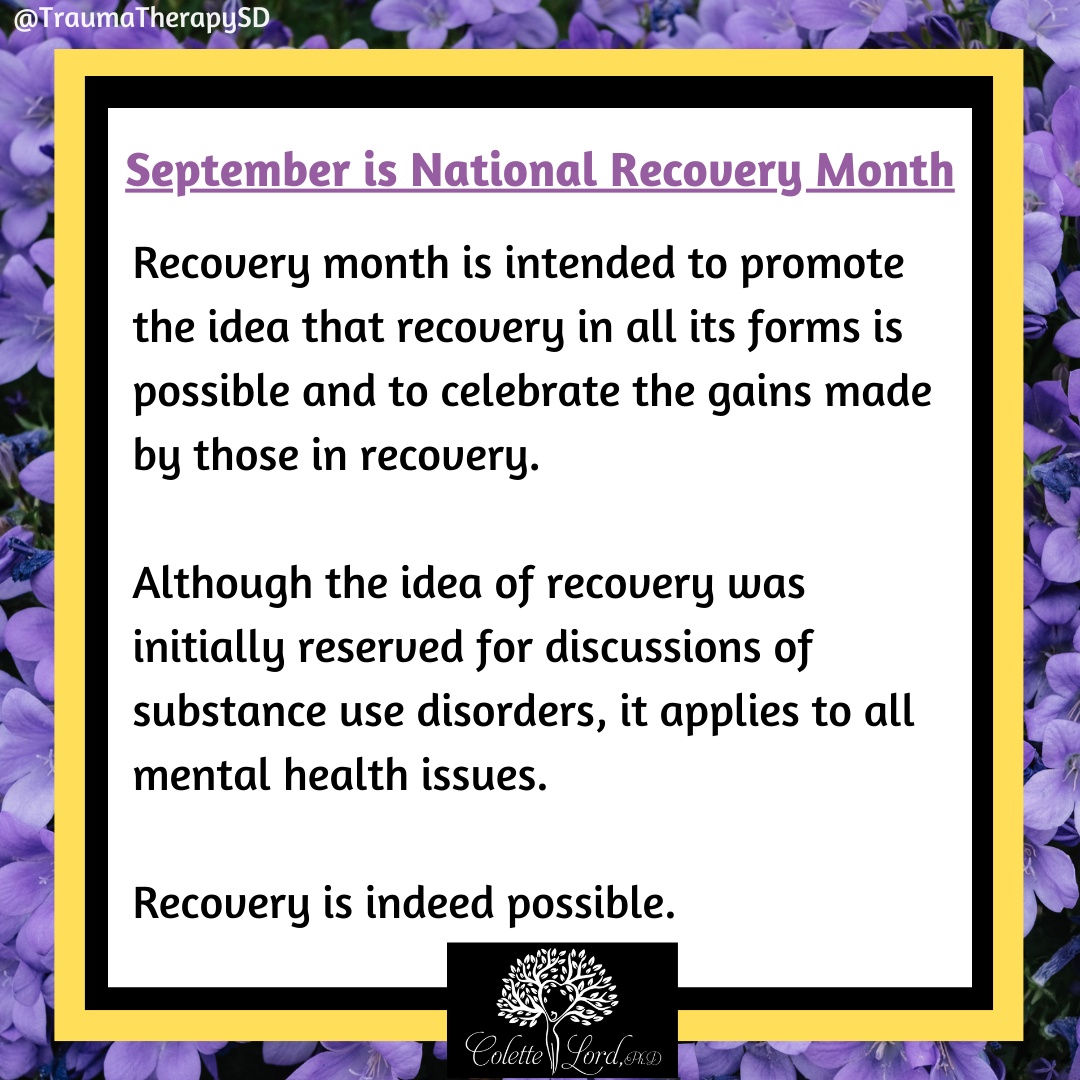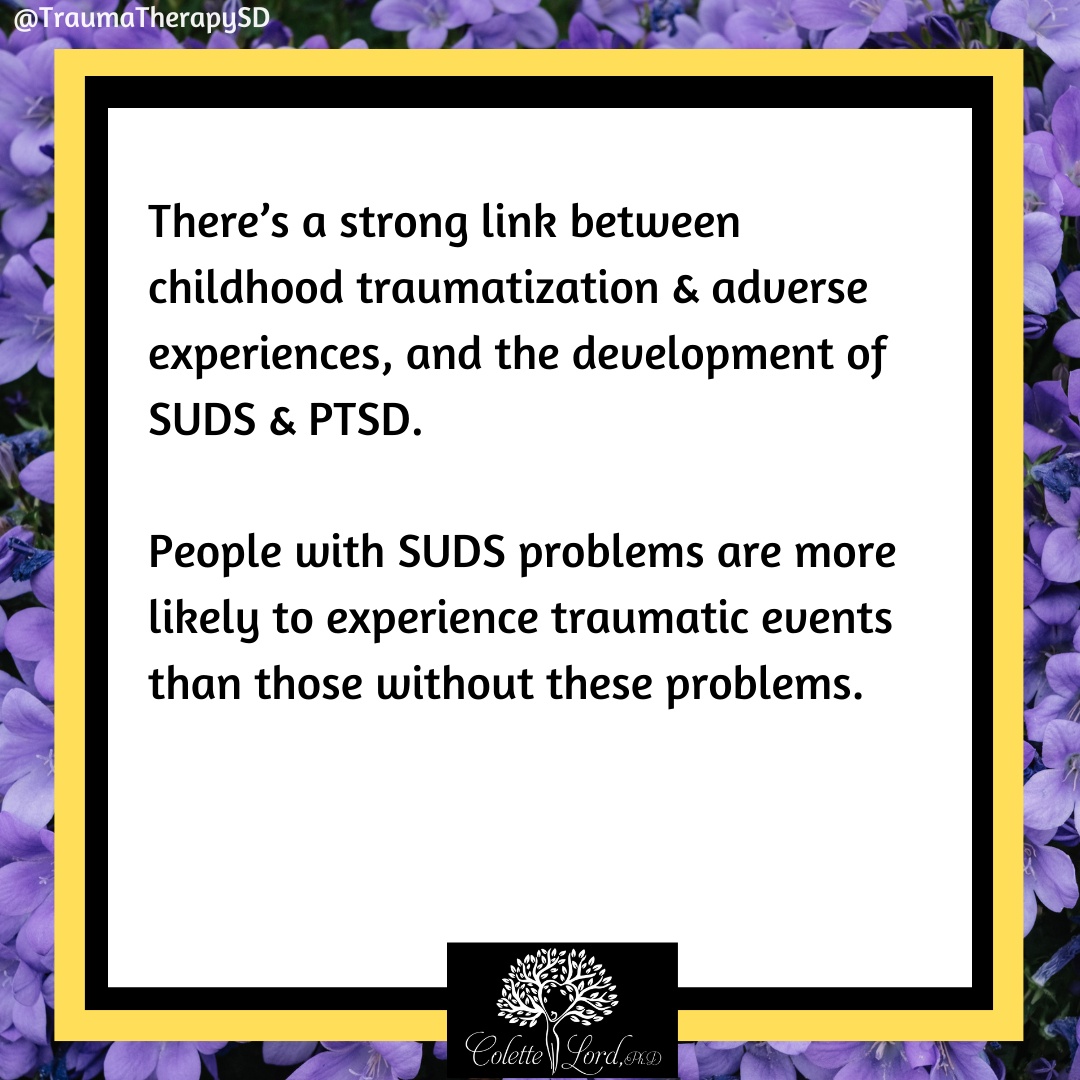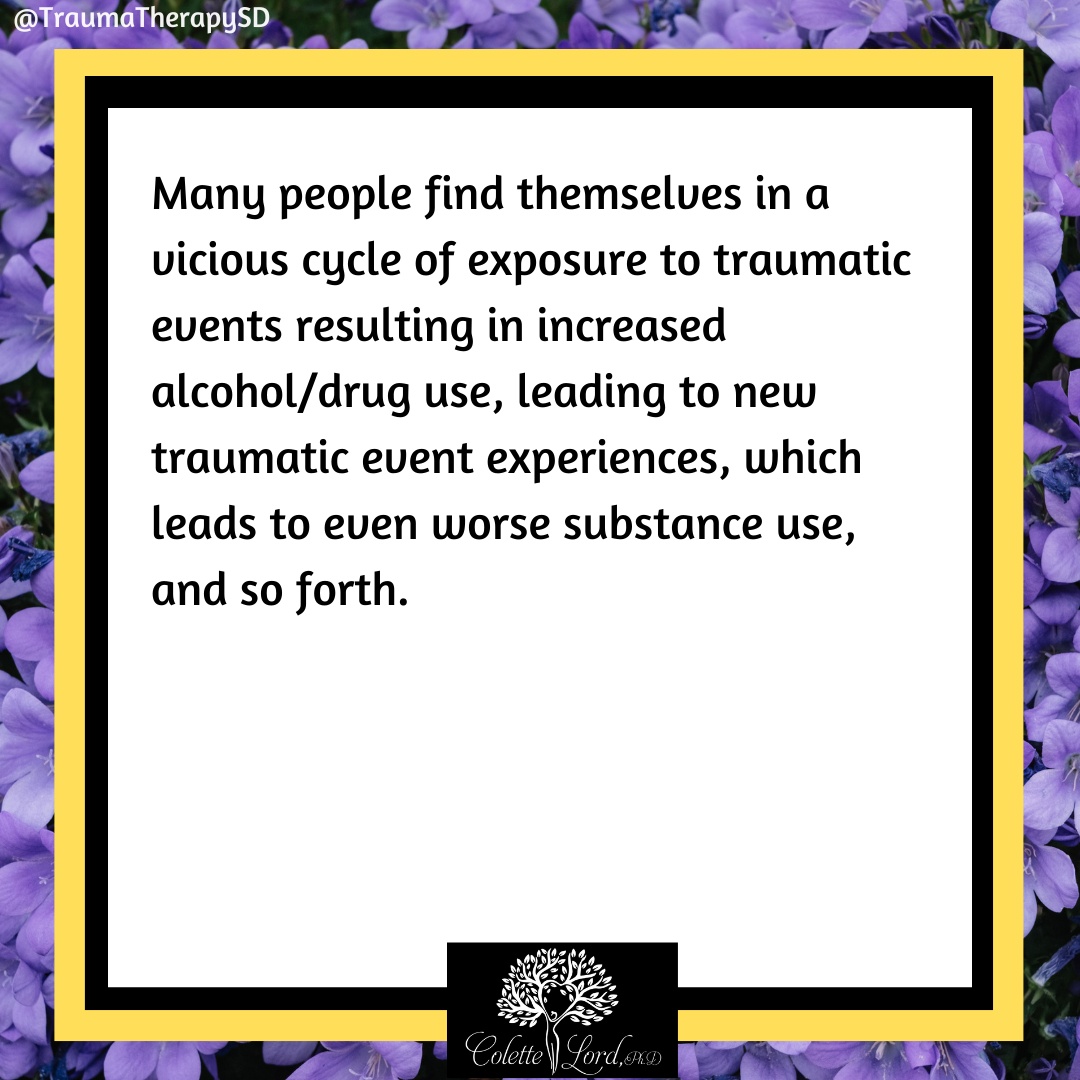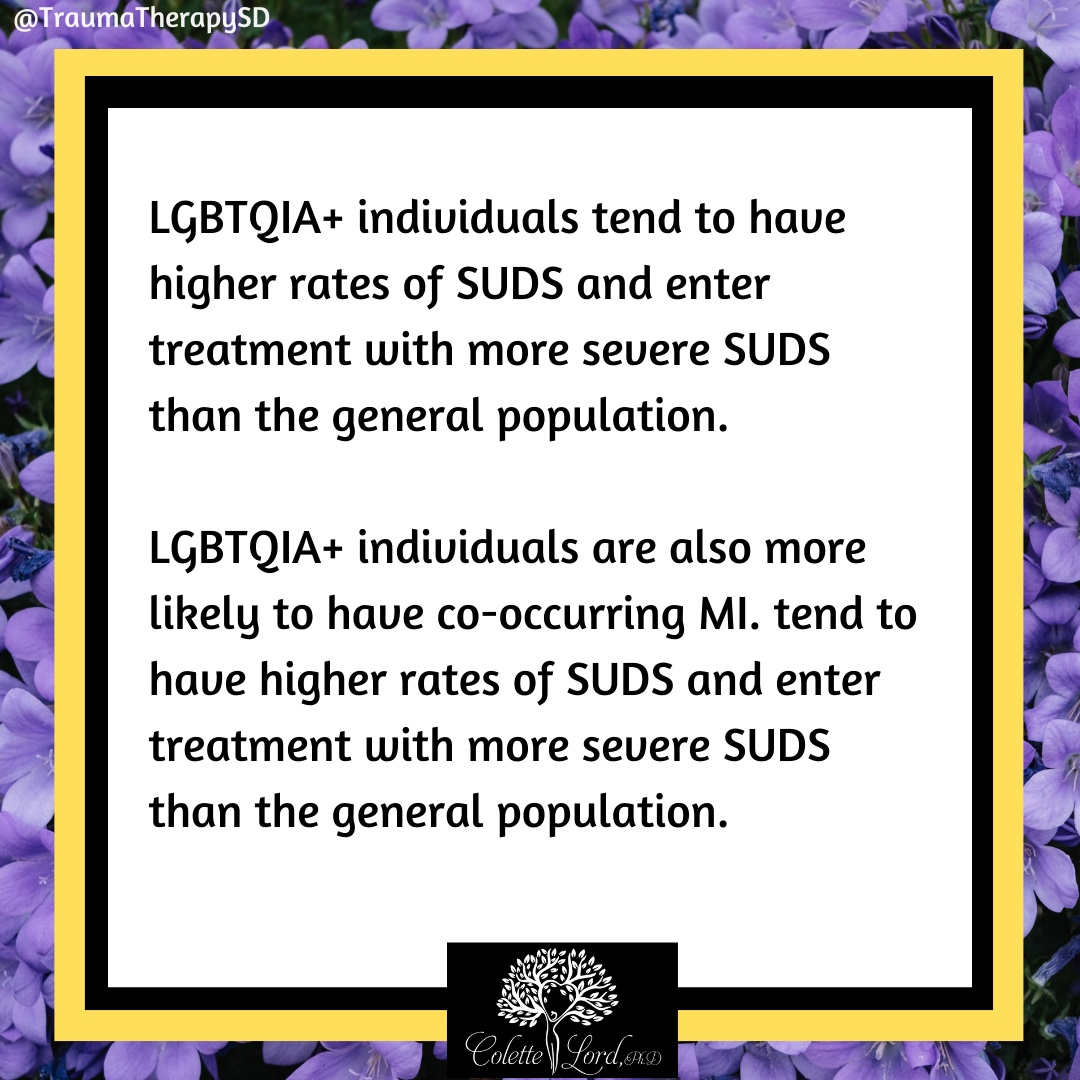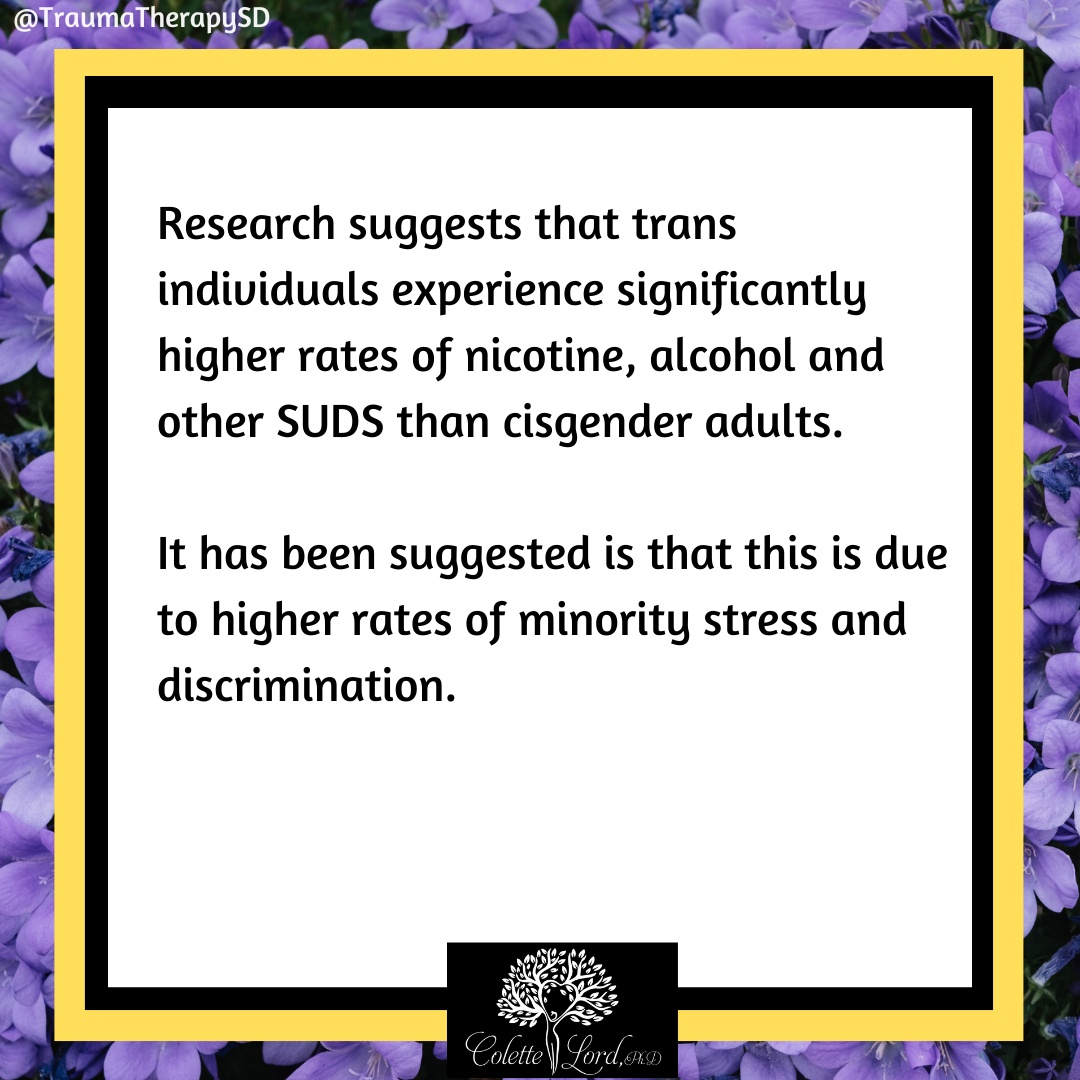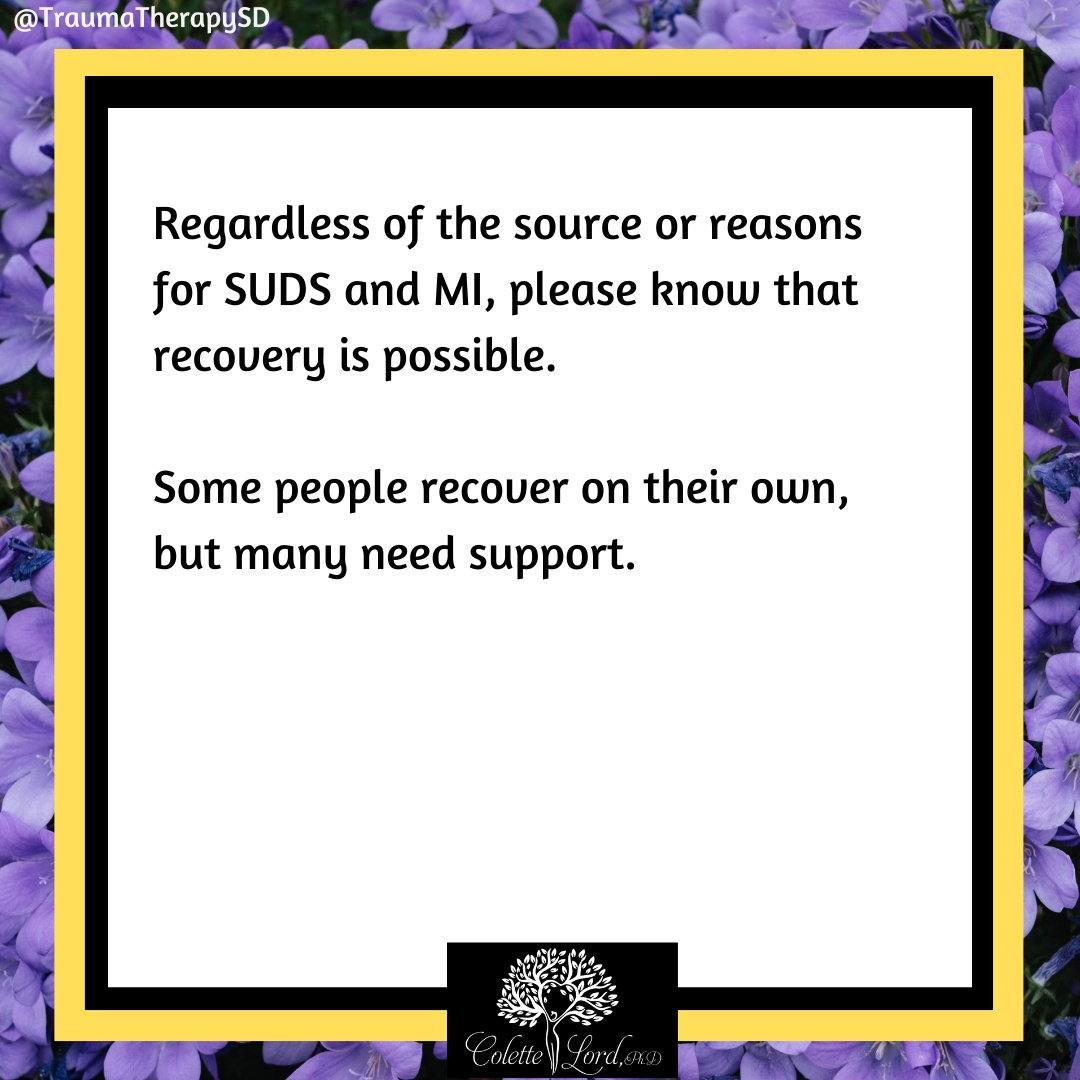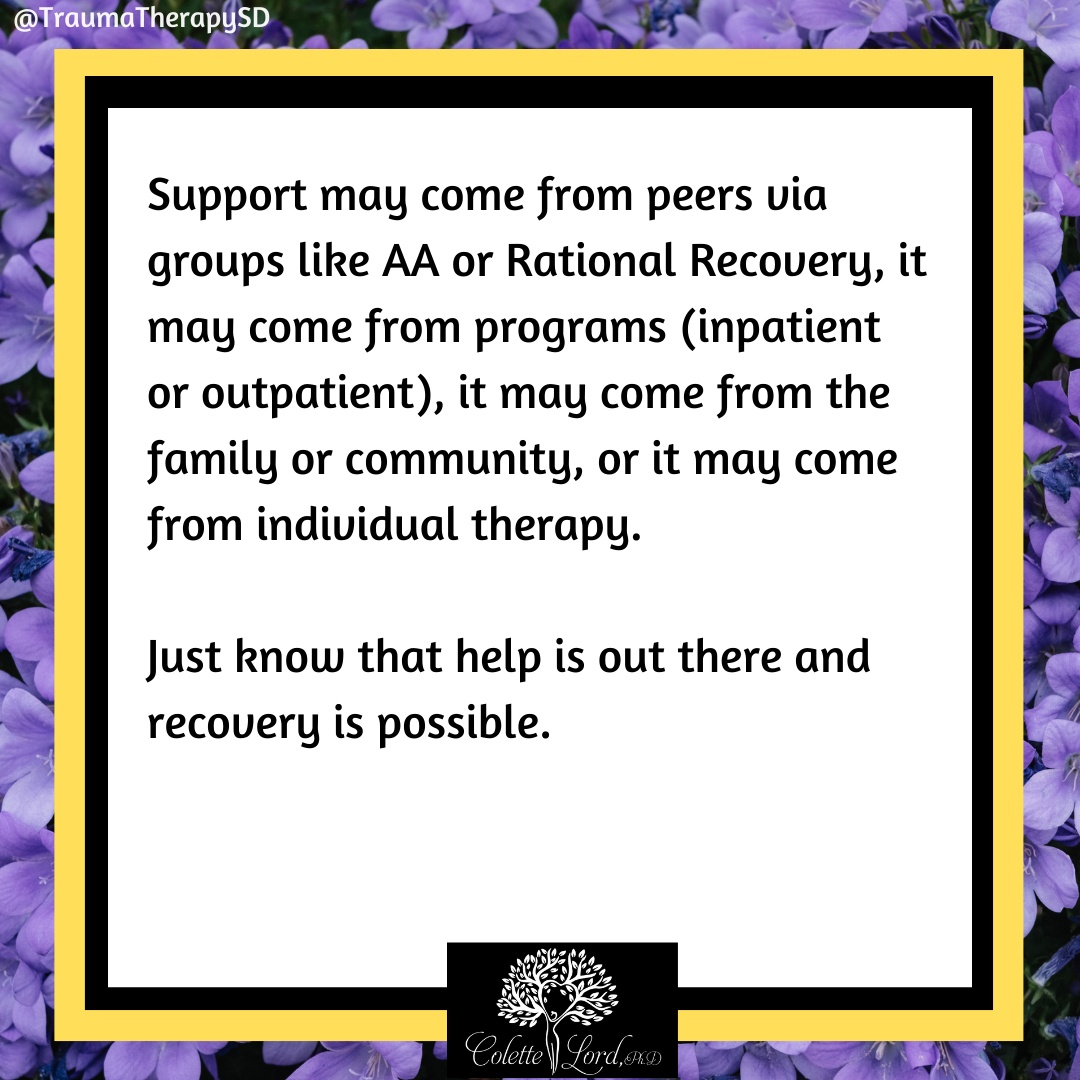National Recovery Month
September is National Recovery Month
Recovery month is intended to promote the idea that recovery in all its forms is possible and to celebrate the gains made by those in recovery.
Although the idea of recovery was initially reserved for discussions of substance use disorders, it applies to all mental health issues.
Recovery is indeed possible.
In the past year 1 in 3 adults has had a substance use disorder (SUD) or mental illness (MI).
Rates of SUDS and MI are highest among those who identify as multiracial.
7 in 10 adults who’ve had a SUDS consider themselves recovered/recovering
2 in 3 adults who’ve had a MI consider themselves recovered/recovering
There is a strong link between childhood traumatization and adverse experiences, and the development of SUDS and PTSD.
People with SUDS problems are more likely to experience traumatic events than those without these problems.
Many people find themselves in a vicious cycle of exposure to traumatic events resulting in increased alcohol/drug use, leading to new traumatic event experiences, which leads to even worse substance use, and so forth.
LGBTQIA+ individuals tend to have higher rates of SUDS and enter treatment with more severe SUDS than the general population.
LGBTQIA+ individuals are also more likely to have co-occurring MI. tend to have higher rates of SUDS and enter treatment with more severe SUDS than the general population.
Research suggests that trans individuals experience significantly higher rates of nicotine, alcohol and other SUDS than cisgender adults.
It has been suggested is that this is due to higher rates of minority stress and discrimination.
Regardless of the source or reasons for SUDS and MI, please know that recovery is possible.
Some people recover on their own, but many need support.
Support may come from peers via groups like AA or Rational Recovery, it may come from programs (inpatient or outpatient), it may come from the family or community, or it may come from individual therapy.
Just know that help is out there and recovery is possible.
Source: SAMSHA and JAMA

